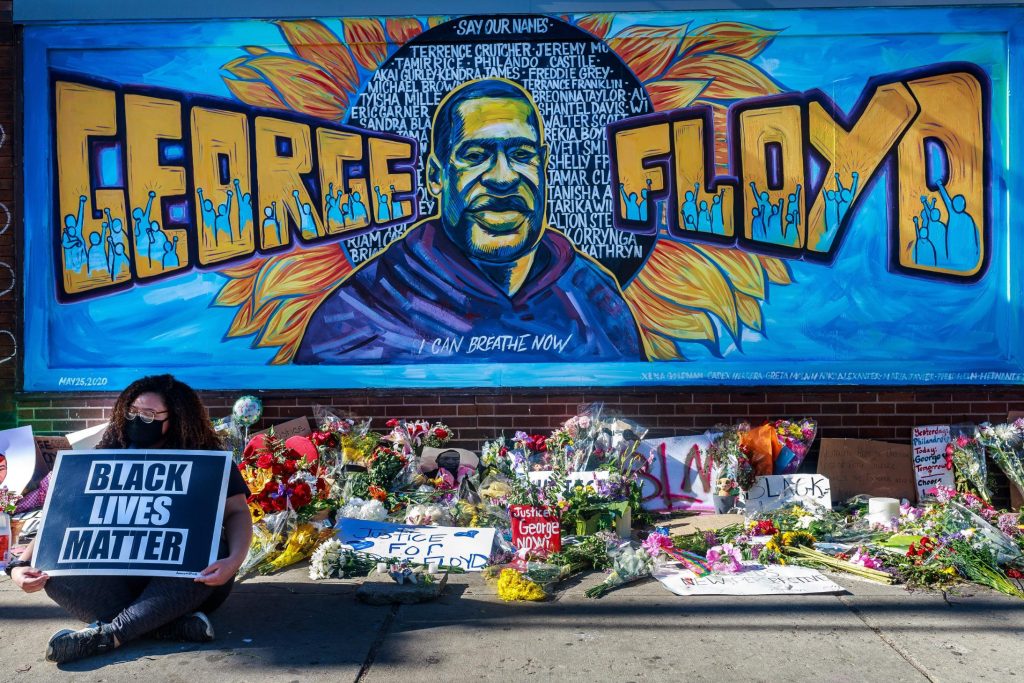It is almost impossible to put into words how heartbreaking and grim these past days have been, as we watched in horror and distress the footage of Minneapolis police officers murdering George Floyd. The outrage and pain that followed have shaken the foundations of our communities to their very core. The magnitude of this moment cannot be minimized, as protesters have taken to the streets. Young and old alike have cried out for justice.
When I was a youngster back in high school in Madrid I was deeply moved by a drama I read called Biedermann and the Arsonists, by Max Frisch. It is about a citizen who invites two arsonists into his house, even though they signal from the start that they will set fire to it.
Penned in the 1950s, Frisch’s play has been read as a parable about the complacency and cowardice of the common man that stood by during the rise of Nazism, ignored the crimes of Stalinism in Europe, or buried his head in the sand during the nuclear arms race. What has this to do with our current crisis? Biedermann is a stand-in for the German average citizen who indulges the good life, a contented member of the middle class detached from the reality that surrounds him. Most of us have a bit of Biedermann housed within us. Our beautiful Twin Cities is one of the most livable places in the country… for White citizens, but that wealth, prosperity, and acceptance have never been fully accessible to African American and indigenous neighbors.

My friend and colleague Joachim Savelsberg wrote these compelling lines in a letter to the New York Times last week:
“Expressions of disgust come easily in response to killings of unarmed black men by police. So does upset about lacking judicial responses. Yet, both are only possible in a context in which society and its political representatives tolerate and promote massive structural inequalities and segregation of the disadvantaged in neighborhoods and prisons, delegating to specialized forces the dirty work of keeping these populations in check. Such conditions generate high rates of killing in poverty neighborhoods, police brutality, and police impunity. We must fight these evils by eliminating the roots.”
In other words, the problem will not simply fizzle out because the fires are momentarily quelled. Max Frisch’s ominous subtitle for his play was also a warning: “A lesson without a lesson”. For us, unless we become more attentive to the needs of our communities and work actively in the fight against discrimination, each from our respective positions, dismantling the visible and invisible barriers that fan the flames of racial inequality, we will continue to be burned like Biedermann.

Comments